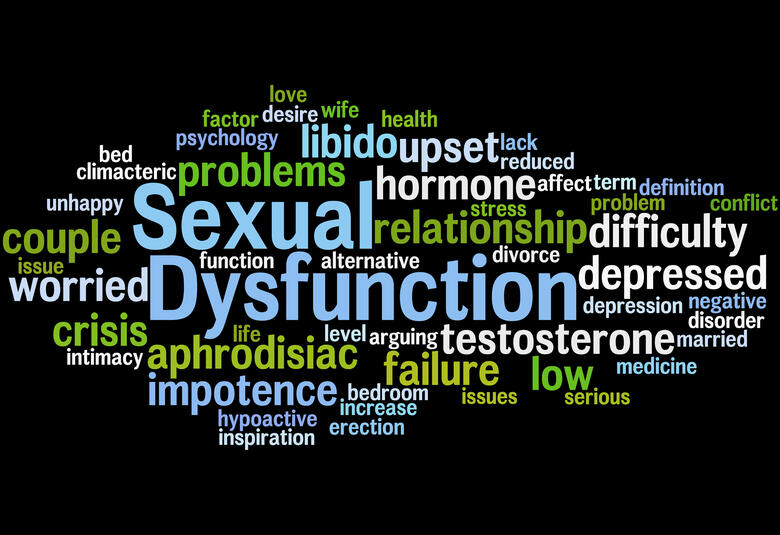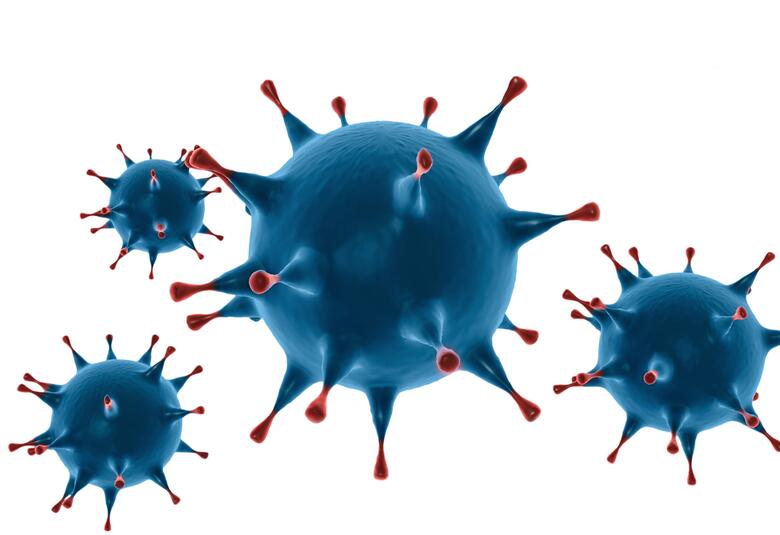The opioid system is dysregulated in patients who are dependent on alcohol. Agents that modulate that system offer the possibility of more effective treatment.
Of the three “classical” opioid receptors, the mu subtype, which is where morphine acts, mediates pain reduction. Heroin also acts at this receptor. It is involved in pleasure, and so in addiction. The kappa opioid receptor is the other side of the coin, mediating dysphoria, and – relevant in the current context – it may be involved in alcohol withdrawal.
The third opioid receptor subtype, delta, is less well understood. This is partly because there are no drugs which act purely at this site. It’s probably involved more with euphoria than dysphoria, but that is difficult to prove.
Of opioid modulators relevant to the treatment of alcohol dependence, one is mostly an antagonist of the mu receptor, whereas another differs in modulating the kappa receptor subtype.
Researchers think that this is why it works well in patients with alcohol dependence. It both stops alcohol being rewarding and it blocks the priming effect—the kind of impulsivity which leads people who start drinking to lose control.
At least half of those with alcohol dependence don’t want to be abstinent, because they enjoy drinking, they don't want to lose control.
As an alternative to absence, society and regulators alike have been encouraged to accept the idea of harm reduction in relation to drink. And that is important because the harm caused by alcohol is vast. In most European countries, alcohol is among the five most important modifiable causes of disease and disability.
Drinkers and doctors have two options either abstinence or reduction of alcohol consumption.
Our correspondent’s highlights from the symposium are meant as a fair representation of the scientific content presented. The views and opinions expressed on this page do not necessarily reflect those of Lundbeck.




